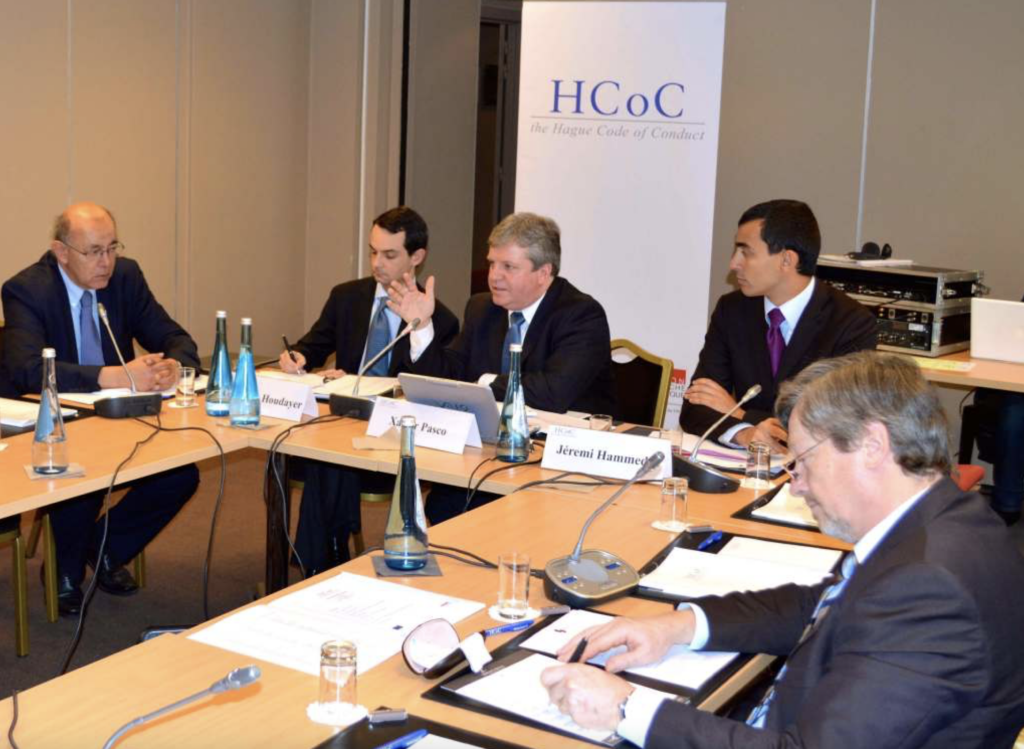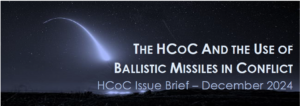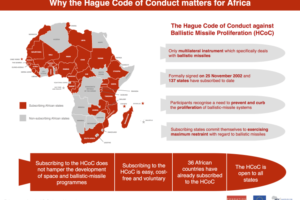Awareness-building session on HCoC in Brussels
27 March 2014
On 27 March 2014, the FRS organised, on behalf of the European Union, an awareness-building session in Brussels about dual-use technology and knowledge transfer issues in order to prevent them in the field of ballistic missiles. The session allowed considering both trends in the technology transfer for ballistic missiles and what could be promoted to prevent it at an early stage. This workshop gathered experts from scientific, space and industry communities of HCoC subscribing and non-subscribing States.
AGENDA
WELCOMING REMARKS
- Alexandre HOUDAYER, Secretary General, Foundation for Strategic Research (FRS)
- Jérémie HAMMEDI, Policy Officer, Non-Proliferation and Disarmament Division, European Union External Action Service (EEAS)
I/ UNIVERSALISING THE HCoC: MAIN CHALLENGES & ISSUES
- Dr. Xavier PASCO, Senior Research Fellow, Foundation for Strategic Research (FRS)
II/ HCoC & TECHNOLOGY ISSUES, AN INTRODUCTION
- Dr. Xavier PASCO, Senior Research Fellow, Foundation for Strategic Research (FRS)
III/ INDUSTRIAL SUBCONTRACTOR’S ACTIVITY RELATING TO NON-PROLIFERATION EFFORTS PRODUCTS IN THE LAUNCHER AND MISSILES FIELDS
- Christian MAIRE, Head, Strategic Analysis Department, Airbus Defence and Space
- Roger ROBINSON, Chairman and Co-founder, Prague Security Studies Institute
WRAP-UP SESSION: HCoC & SUB-CONTRACTORS LEVEL NON-PROLIFERATION EFFORTS
- Dr. Xavier PASCO, Senior Research Fellow, Foundation for Strategic Research (FRS)

WRAP-UP SESSION: HCoC & SUB-CONTRACTORS LEVEL NON-PROLIFERATION EFFORTS
- Dr. Xavier PASCO, Senior Research Fellow, Foundation for Strategic Research (FRS)


